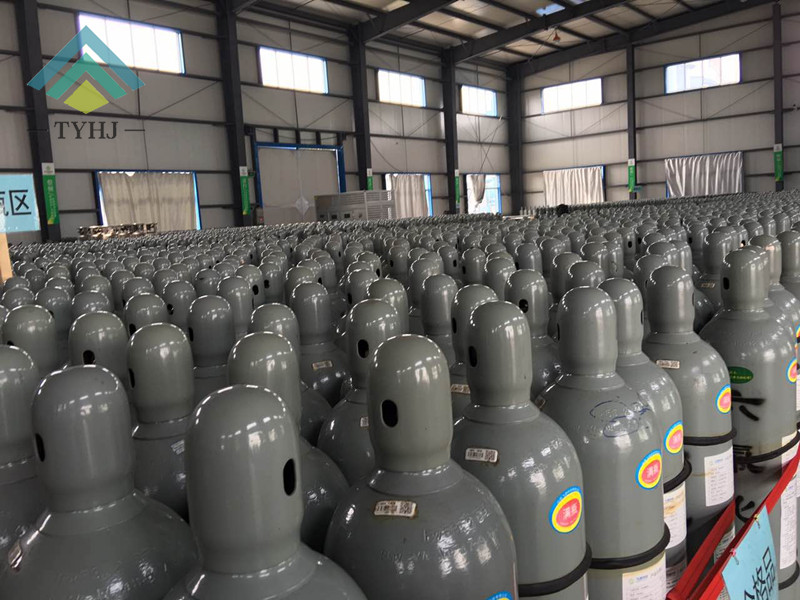Our company is Boron Trifluoride supplier in China, here I want to tell you that boron trifluoride is a lewis acid.
The reason for being picky about terminology is because the term π backbonding is usually reserved for donation of electron density from metal d orbitals to empty ligand π* MOs, for example in metal carbonyl complexes (the word back comes in because the primary metal-ligand interaction involves the ligand donating electrons to the metal). BF3 is not a metal complex.

Consider boron, a rather electropositive element — it counts as a metalloid so it is somewhere between non-metals and metals. We are binding it to fluorine, the most electronegative element, and we’re doing that three times. It should be evident that there is hardly any electron density left on boron. How happy would it be, if some other atom gladly donated their electron pair to share?
Now what are we going to do if there is no Lewis base around? Well, initially boron will still be there, depleted of all its valence electrons by fluorine (or nearly at least). This is where fluorine discovers its charity side: All three fluorines donate just a tad of electron density so that the baby boron in the middle will stop crying. This is what you referred to as 'back bonding' and Ivan calls 'esomeric stabilisation'. But the point is: That doesn't help against the electron deficiency in any way, it's more like boron's final counter-measure against loosing electrons.
If you need BF3 Gas, you can via www.taiyugas.com.